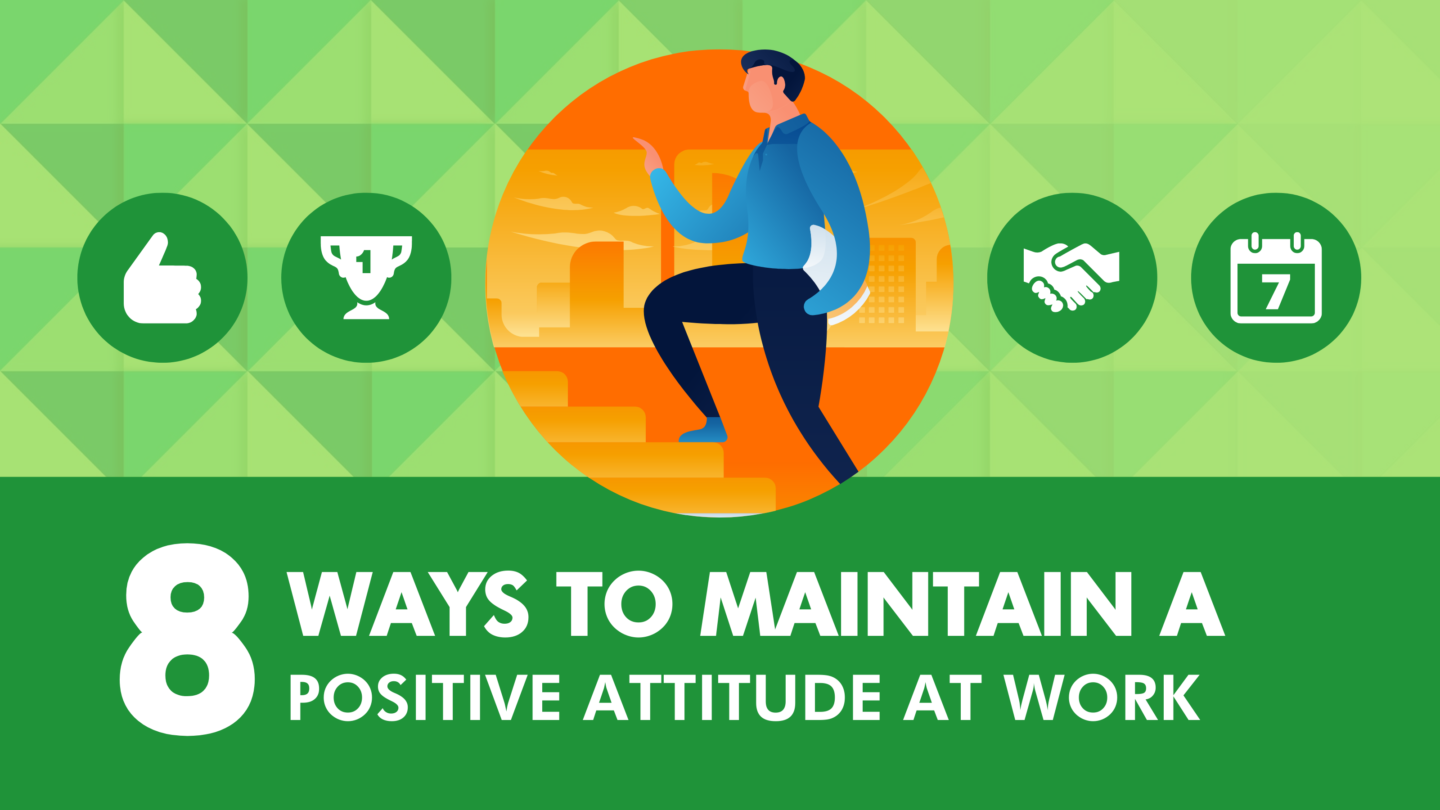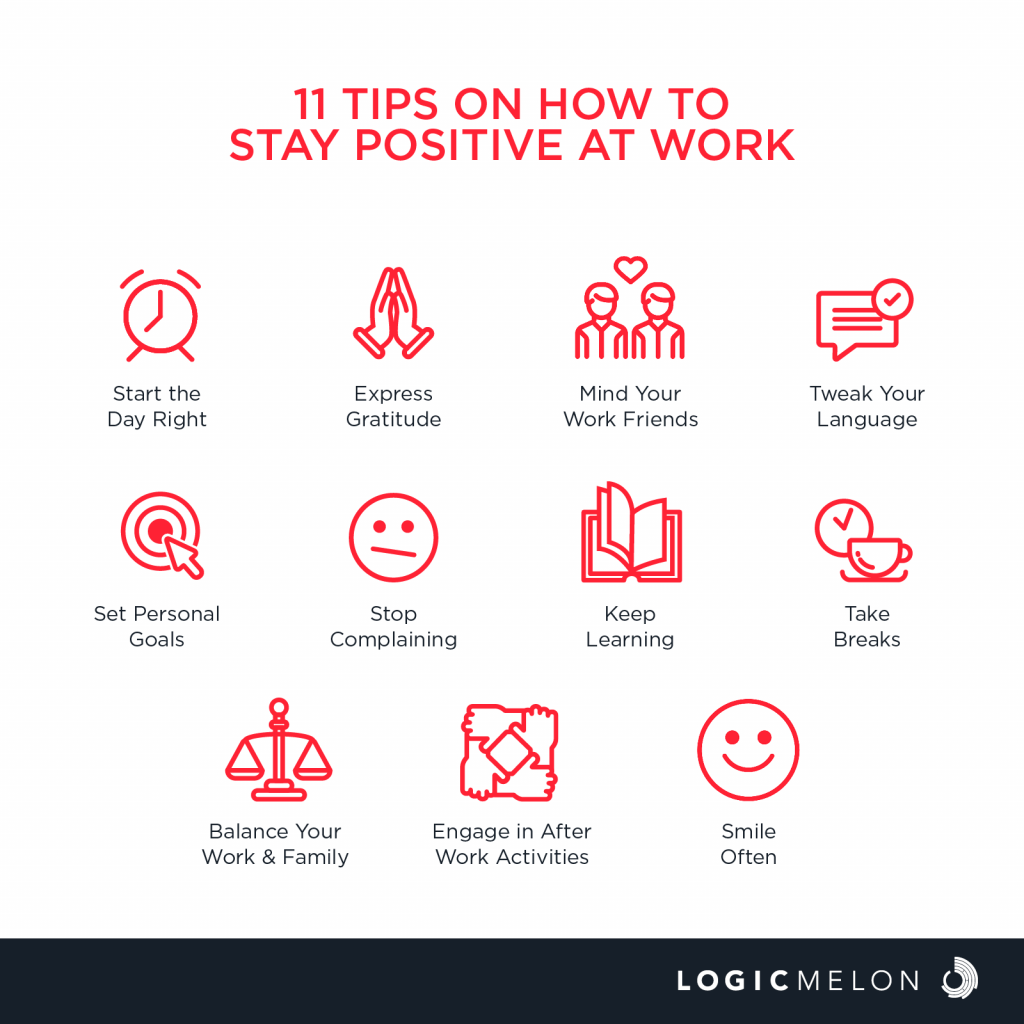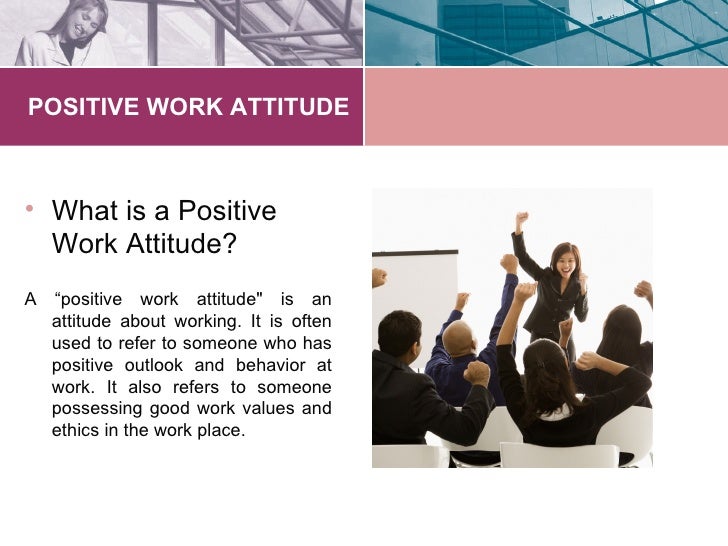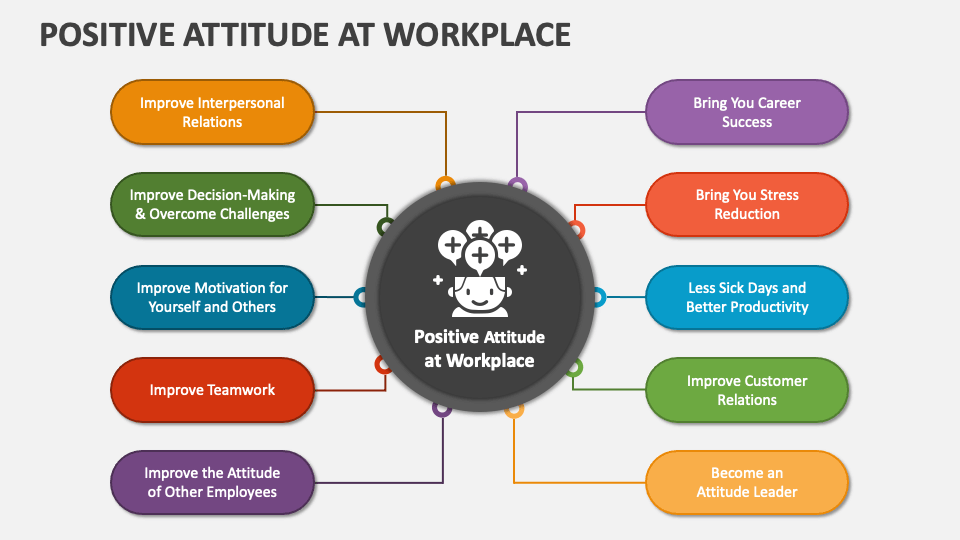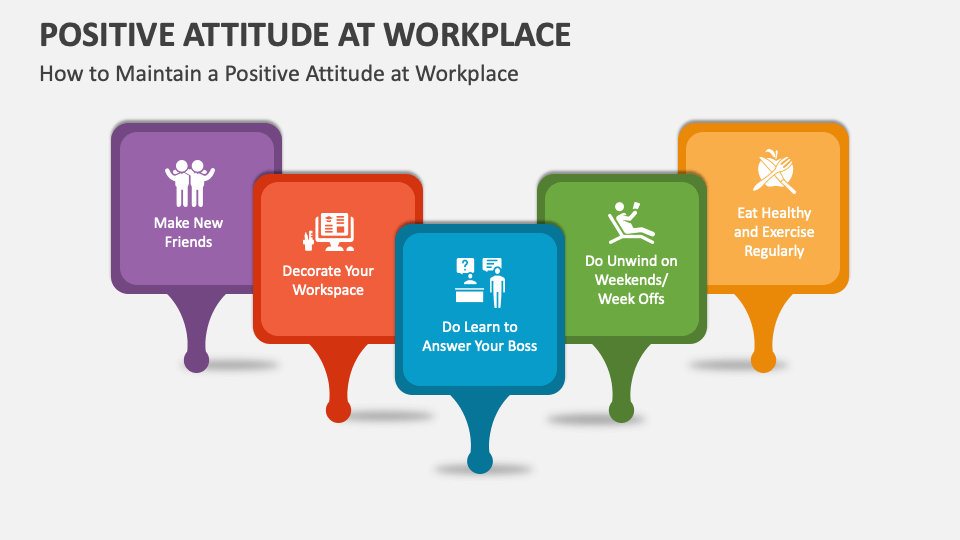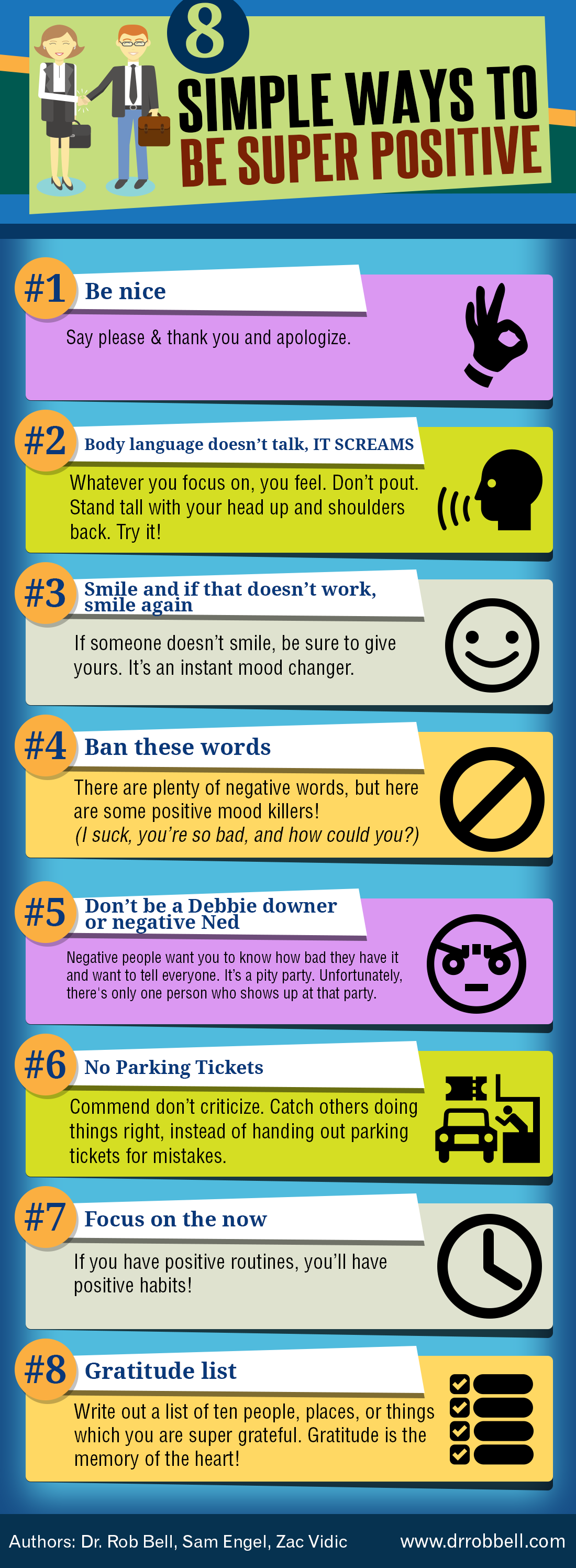How To Improve My Attitude At Work
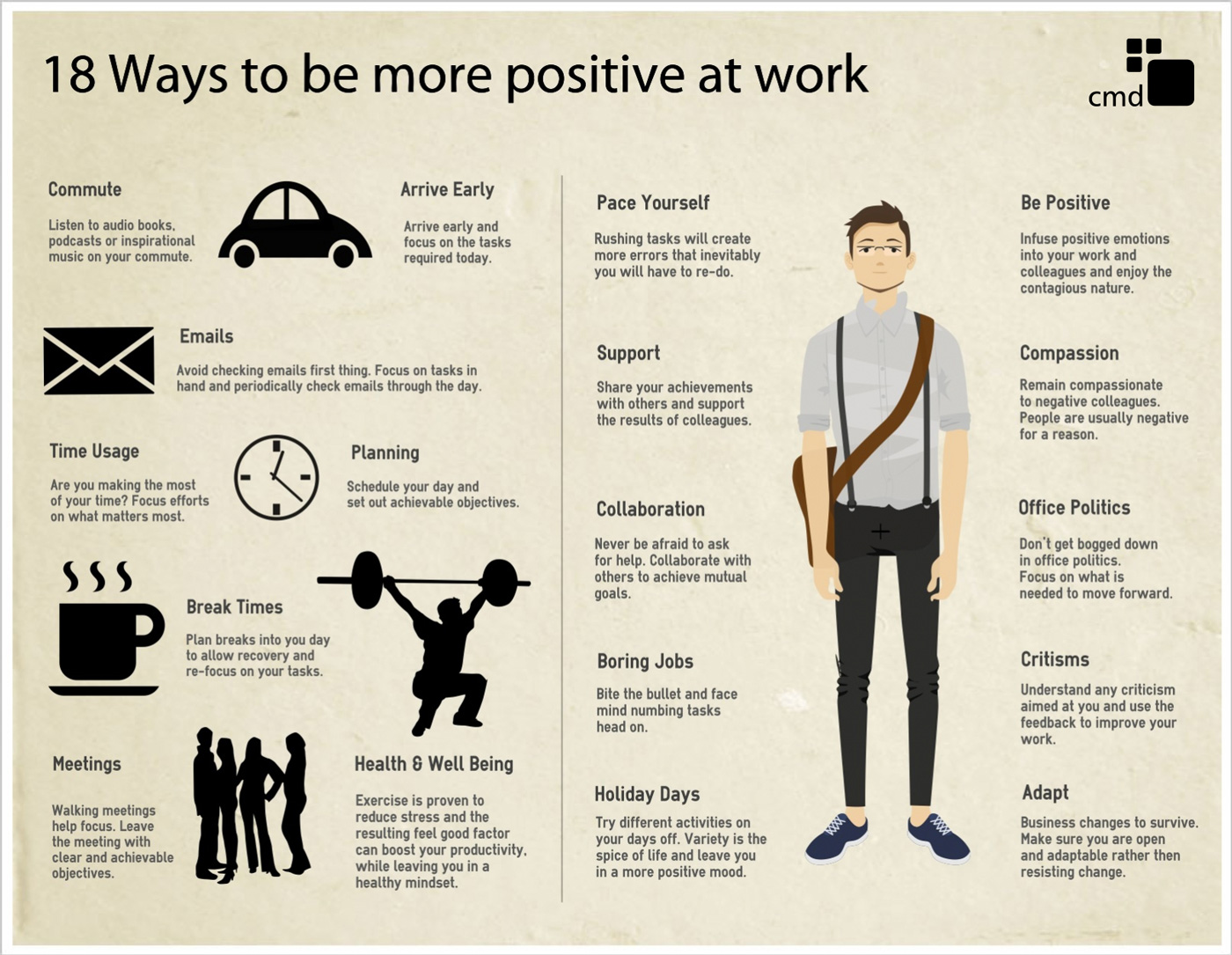
The daily grind. For many, it's synonymous with mounting stress, dwindling motivation, and an attitude that could curdle milk. A negative attitude not only impacts individual well-being but also erodes team morale, productivity, and even a company's bottom line. The good news? Your attitude at work is not a fixed entity, it can be shaped and improved with conscious effort.
This article explores practical, evidence-based strategies for cultivating a more positive and productive mindset in the workplace. Drawing on insights from organizational psychology, human resources experts, and real-world experiences, we will explore how to identify the root causes of workplace negativity and then implement actionable steps to foster a more optimistic and engaged approach to your career. We will delve into the power of mindfulness, the importance of setting realistic expectations, and the value of building strong professional relationships, ensuring you can take control of your work experience and transform it for the better.
Identify the Source of Negativity
Before attempting to fix the problem, accurately diagnose its source. Is it a specific colleague, a repetitive task, or a deeper dissatisfaction with your career path?
Keeping a journal to document your feelings and the triggering events can provide valuable insights. Once you have identified the core issues, you can start to develop targeted solutions.
Cultivate Mindfulness and Gratitude
Mindfulness techniques, such as meditation and deep breathing exercises, can significantly reduce stress and improve your overall mood. Practicing gratitude—acknowledging the positive aspects of your job, even the small ones—can shift your focus and create a more positive outlook.
Research consistently shows a link between gratitude and increased well-being and job satisfaction. Take a few minutes each day to reflect on what you appreciate about your work, your colleagues, or your company.
Set Realistic Expectations and Goals
Unrealistic expectations are a major contributor to workplace frustration and negativity. Break down large, overwhelming tasks into smaller, manageable steps.
Set realistic deadlines and communicate openly with your manager about your workload and any challenges you face. Celebrate small victories to maintain momentum and a sense of accomplishment.
Build Positive Relationships
Strong professional relationships are crucial for a positive work environment. Make an effort to connect with your colleagues on a personal level, offering support and showing genuine interest in their well-being.
Actively listen to their concerns and perspectives, and foster a culture of collaboration and mutual respect. According to a 2023 study by Gallup, employees who have a "best friend" at work are significantly more engaged and productive.
Focus on Solutions, Not Problems
Instead of dwelling on problems, actively seek out solutions. Frame challenges as opportunities for growth and learning.
When faced with a difficult situation, brainstorm potential solutions and take proactive steps to address the issue. A problem-solving mindset empowers you to take control and reduces feelings of helplessness and frustration.
Seek Feedback and Embrace Growth
Request regular feedback from your manager and colleagues to identify areas for improvement. Embrace constructive criticism as an opportunity to learn and grow professionally.
Be open to new ideas and perspectives, and actively seek out opportunities for professional development. Investing in your skills and knowledge can boost your confidence and job satisfaction.
Take Breaks and Prioritize Self-Care
Burnout is a significant contributor to negative attitudes. Prioritize self-care by taking regular breaks throughout the day to recharge and de-stress.
Ensure you get enough sleep, exercise regularly, and maintain a healthy diet. Taking care of your physical and mental well-being is essential for maintaining a positive attitude at work.
When to Seek Additional Help
If your negative attitude persists despite your best efforts, it may be time to seek professional help. Many companies offer employee assistance programs (EAPs) that provide confidential counseling and support services.
A therapist or counselor can help you identify underlying issues and develop coping mechanisms to manage stress and improve your overall well-being.
Do not hesitate to seek help if you are struggling to improve your attitude on your own.
Looking Forward
Improving your attitude at work is an ongoing process, not a one-time fix. It requires consistent effort, self-awareness, and a willingness to adapt and grow. By implementing these strategies, you can cultivate a more positive and productive work environment, leading to increased job satisfaction, improved relationships, and a more fulfilling career. Remember, your attitude is a powerful tool—use it to create a better work experience for yourself and those around you.

